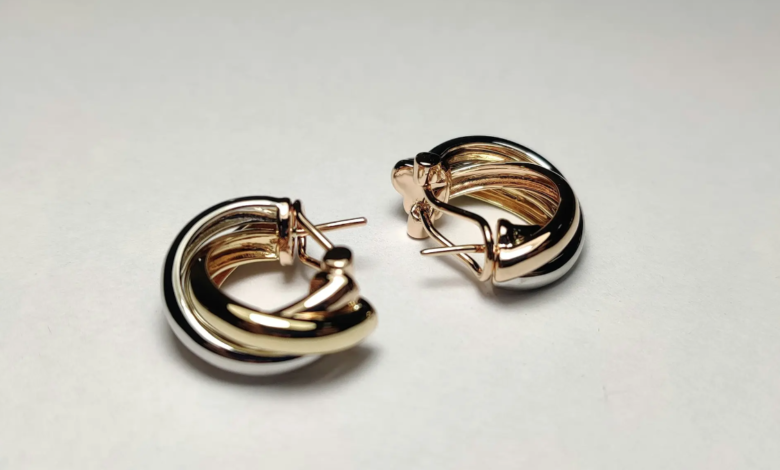Sweden found a way to recycle gold with ecological biodiesel

Using biodiesel from vegetable by-products you can recycle gold and many other rare metals
(sustainabilityenvironment.com) – Researchers at Chalmers University of Technology in Sweden have devised an ecological approach to purifying and recycle gold, paving the way for sustainability in an industry dependent on fossil fuels. Their method involves the use of biodiesel from by-products of the forest and cellulose industries.
The innovation allows to replace the fossil diesel and also guarantees the melting of the gold scrap. The experiment was done using a pair of earrings taken from the pawnshop in Gothenburg, the university’s headquarters. The biodiesel used, known as HVO100, does not contain toxic aromatic hydrocarbons, making it a clean alternative to conventional methods. The process begins with the melting of gold scrap in aqua regia, a mixture composed of a mole of nitric acid and three moles of hydrochloric acid.
This is followed by the addition of HVO100 and malonamide, a chemical derived from renewable biomass, to extract pure gold. This method not only achieves a higher purity of recycled gold, but also replaces more toxic chemicals traditionally used in metal purification.
According to the researchers, the technique is not limited to gold, but can be applied to various metals, including copper, platinum, nickel, cobalt, uranium, plutonium and rare earth. All of these are critical materials for manufacturing electronic devices or green technologies such as wind turbines and electric vehicles. The study, published in RSC Sustainability, demonstrates the versatility of the Swedish method.
“So far I have not found a single metal that cannot be purified with ecological biodiesel instead of fossil solvents,” said Mark Foreman, who led the research. The associate professor of chemistry at Chalmers states that “the metal industry is conservative, but here we can show a simple and effective method to achieve an ecological breakthrough in the industry”.





